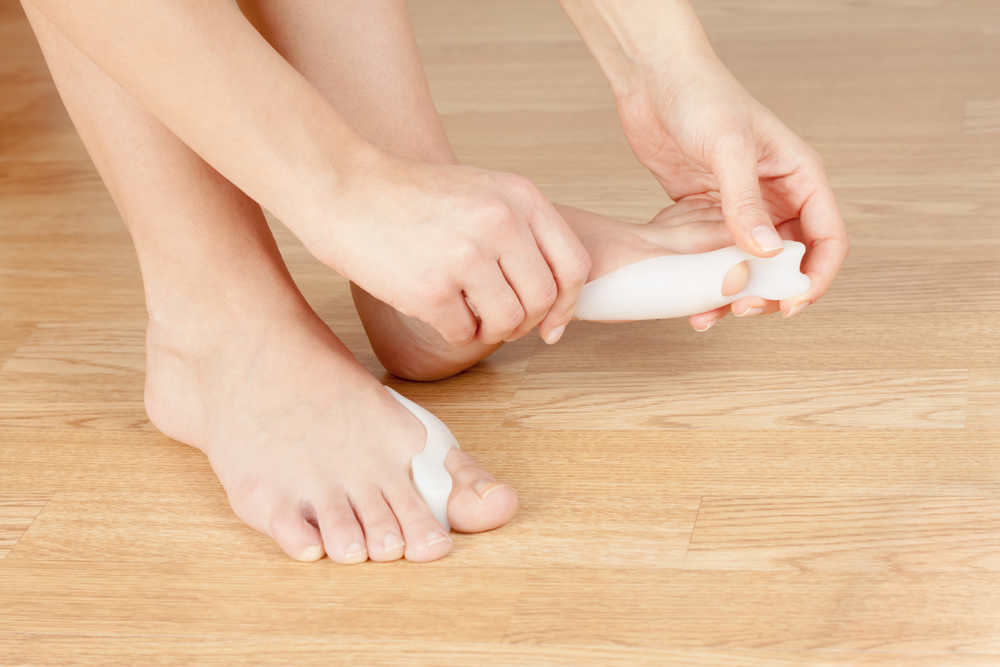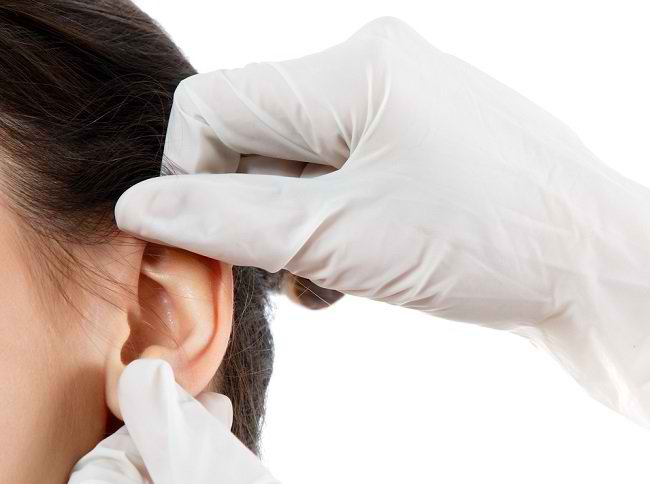The baby on his stomach is one of the achievements of the little one's growth and development. However, when this is done while they are asleep, then dangerous health risks can lurk for your baby.
According to experts, babies who are not taught on their stomach are more at risk for delays in their motor development. On their stomach, babies can learn to roll over, sit up, crawl, keep their head up, and even stand up.

But besides bringing benefits, it turns out that the prone position can also harm the baby. Let's take a look at the benefits and risks of a prone baby below.
Benefits of Stomach in Babies
Here are some advantages of prone on babies that you need to know:
- Helps strengthen baby's back and shoulders.
- Strengthens baby's neck muscles so that he can fully control head movements.
- Train your baby to look up, down and around him. It also aims to develop the ability to coordinate and follow things with his eyes.
- Prevents the baby's head from being flat on one side only, aka war. This condition is also known as plagiocephalyor flat head syndrome.
- Help baby move the muscles of the legs, feet, and hands.
But remember, never leave the baby unattended while he is on his stomach, or leave the baby on his stomach to sleep. The sleeping position of the baby in a prone state is actually at risk of causing health problems.
Risks of Baby Sleeping on Stomach
Babies who sleep on their stomach or sideways have a high risk of developing sudden infant death ssyndrome (SIDS)or sudden infant death syndrome. This can happen for several reasons, namely:
- Stomach allows the baby to breathe again the air that has been exhaled, causing a buildup of carbon dioxide and a decrease in oxygen levels in the body.
- Stomach at risk of causing blockage in the baby's respiratory tract. This airway obstruction can reduce the supply of oxygen in the baby's body.
- Stomach makes baby hot.
The risk of sudden infant death syndrome itself generally occurs in the age range of 0-6 months. Babies born prematurely or with low birth weight are more prone to SIDS. Not only that, babies who suffer from severe stomach acid reflux can also experience sleep apnea if you sleep on your stomach.
To prevent unwanted things from happening, parents are advised to put the baby to sleep on his back until he is one year old. Once your little one is strong enough to roll over on his own and can support his head and body well, you don't have to worry if he suddenly sleeps on his stomach.
Training babies on their stomachs can be started from the age of 2 months. Start the exercise by letting the baby lie on his stomach for 4-5 minutes per day.
But remember, don't leave the baby on his stomach for too long, and make sure the baby sleeps on his back to prevent the risk of SIDS.









